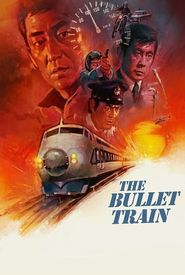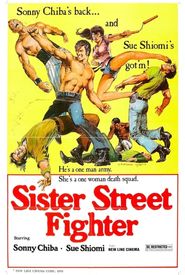Seiya Satô is a highly acclaimed and influential figure in the world of cinema, leaving an indelible mark on the industry through his numerous contributions to iconic films. His impressive body of work spans decades, with a notable highlight being the 1975 production "Bullet Train", which has received widespread recognition and accolades from audiences and critics alike.
Moreover, Seiya Satô has also been associated with the 1974 film "Zero Woman: Red Handcuffs", a gripping and suspenseful tale that has captivated viewers globally. This film showcases his ability to craft captivating stories that resonate with audiences, further solidifying his position as a prominent figure in the Japanese film industry.
Furthermore, his early work in the 1973 film "Zenka onna: Koroshi-bushi" demonstrates his versatility and range as a filmmaker, highlighting his capacity to adapt to diverse genres and storytelling styles. This early success set the stage for his future endeavors, ultimately cementing his status as a respected and accomplished filmmaker in the industry.
Throughout his career, Seiya Satô has consistently pushed the boundaries of cinematic storytelling, leaving a lasting impact on the world of Japanese cinema. His dedication to his craft, combined with his innovative approach to filmmaking, has earned him a revered place in the annals of Japanese film history.




























